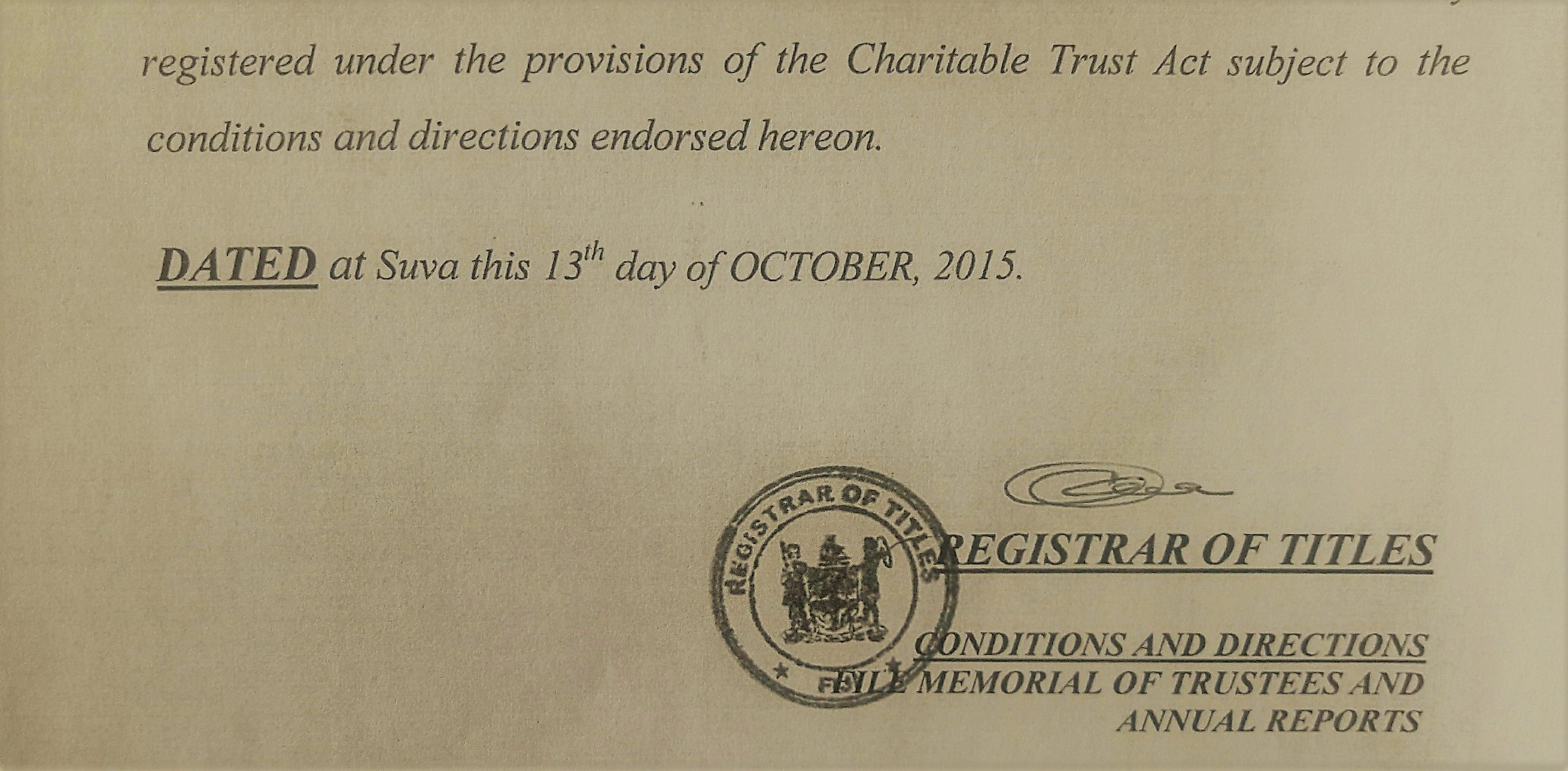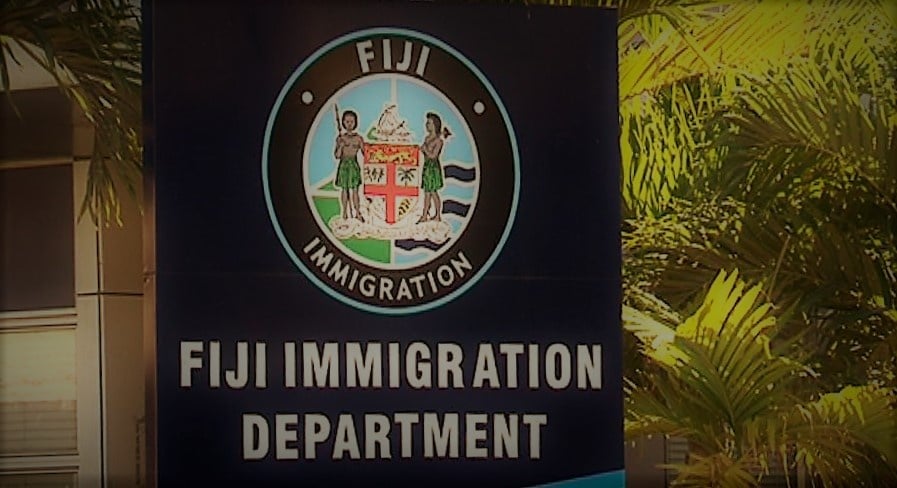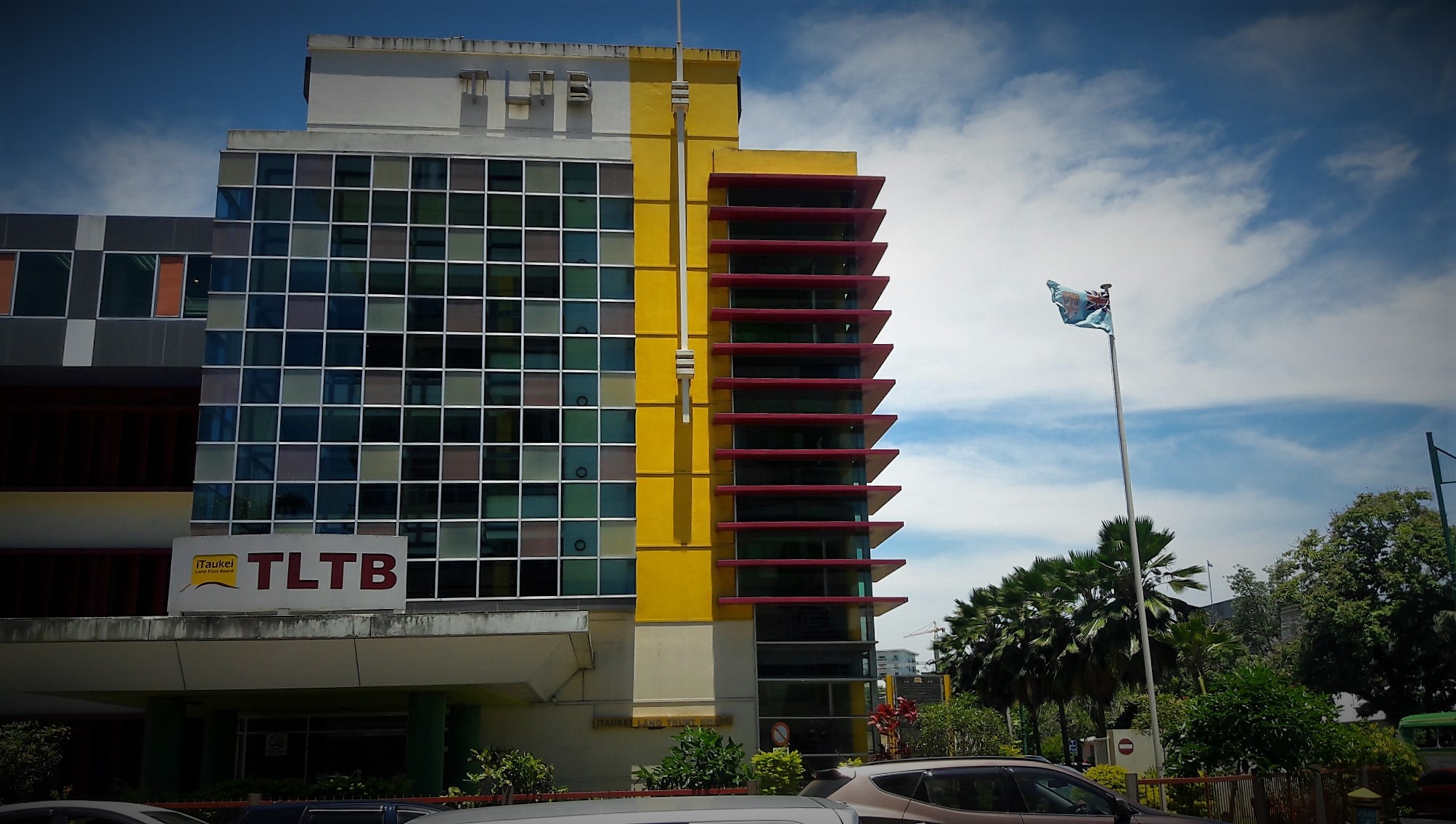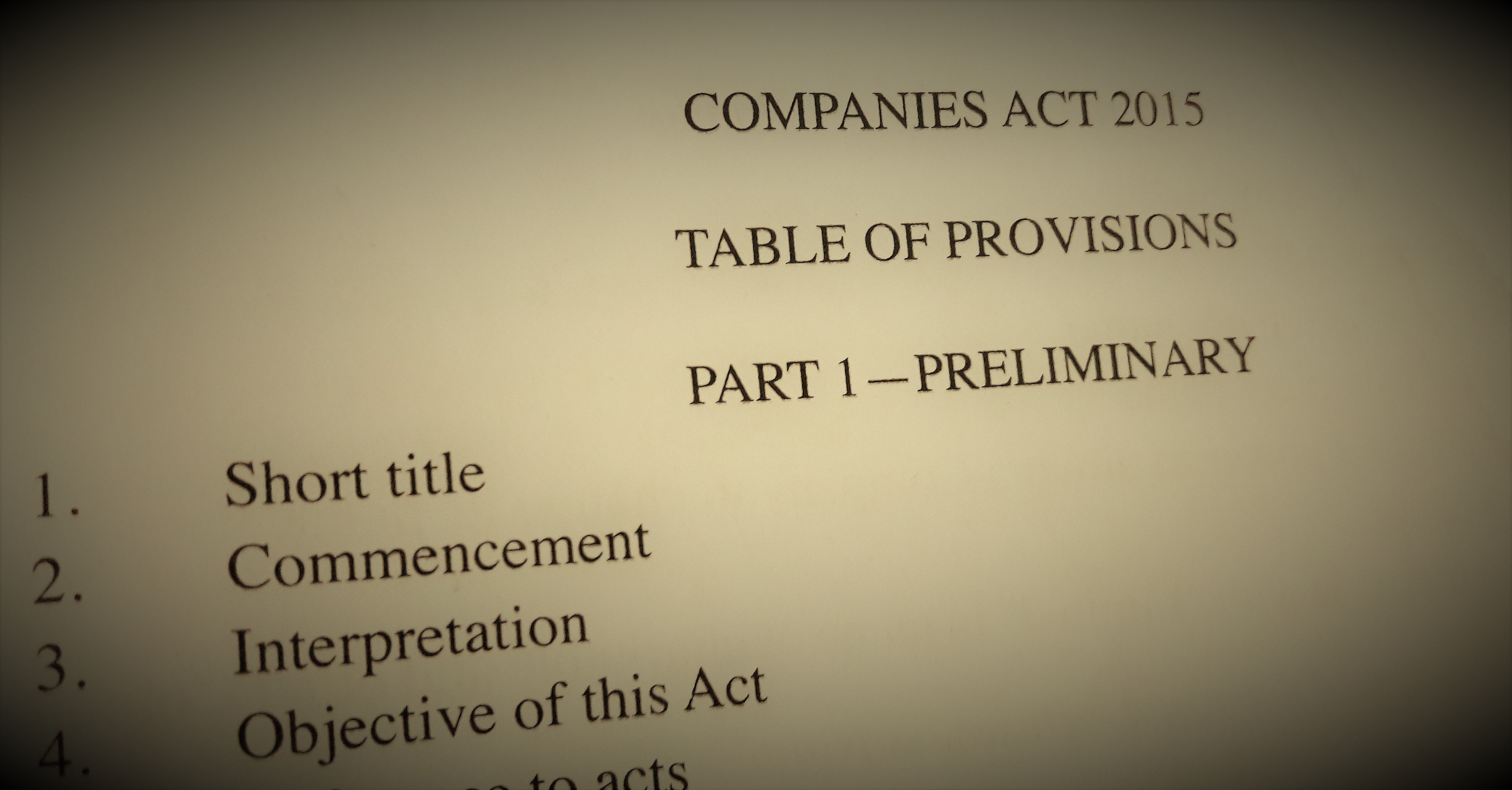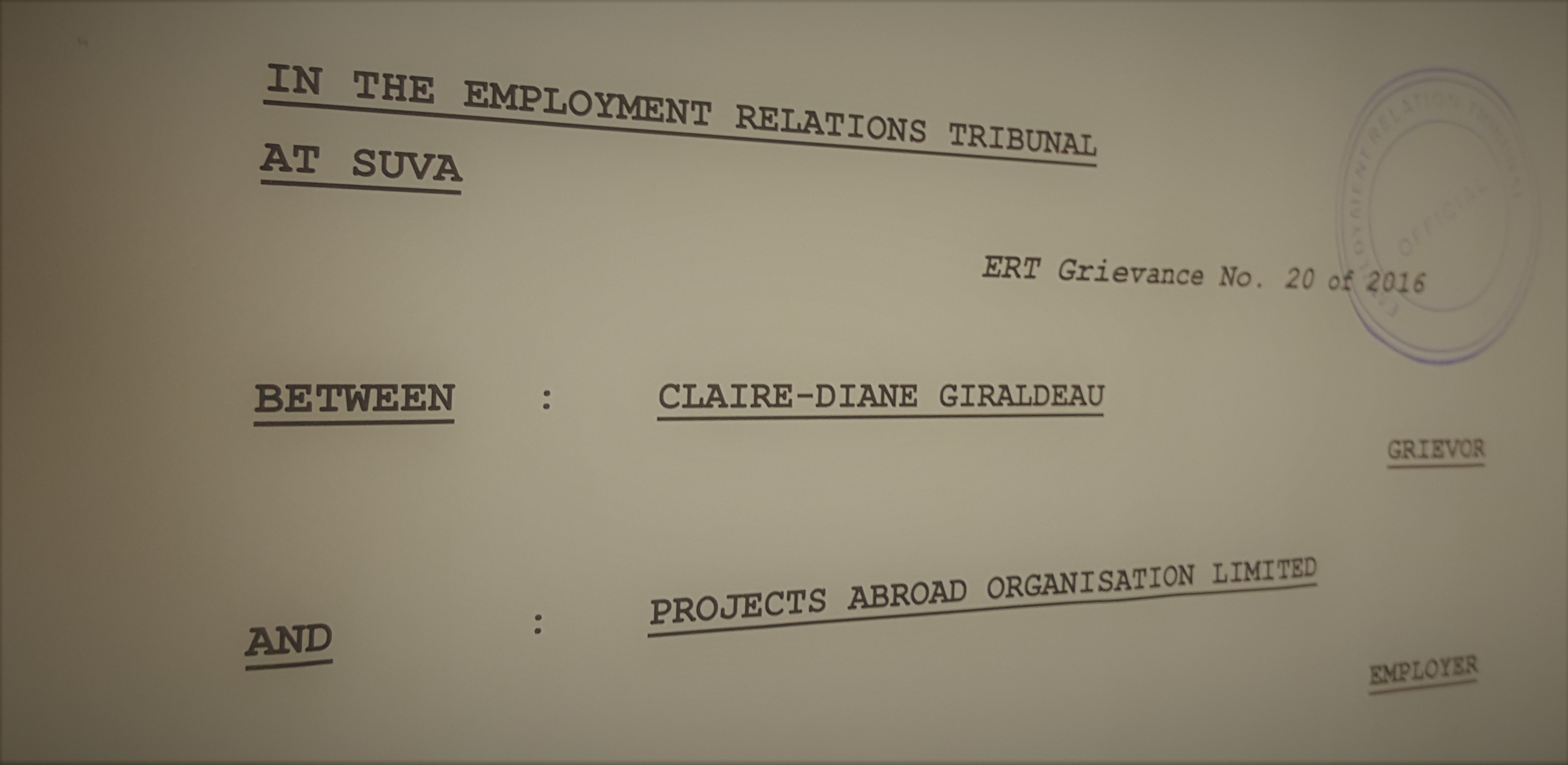Risk Allocation
This commercial law update looks at the principles behind efficient risk allocation in a contract and how, a lack of understanding of these principles, might lead to unintended consequences.
Every contract is essentially a sharing or allocation of risk, responsibility, and reward between the parties. It is not sufficient for commercial lawyers to rely on template contracts or checklists because to understand and assist with a commercial transaction requires an understanding of the risks involved. A thorough understanding of risk will assist with the provision of informed legal advice and a contract that may avoid, reduce or fairly allocate risk.
This legal update considers the key questions that arise in terms of the allocation of risk: how should the risks be shared? Is there an efficient way of sharing risk? What considerations should be taken into account when deciding which party should take on which risk in a contract?







